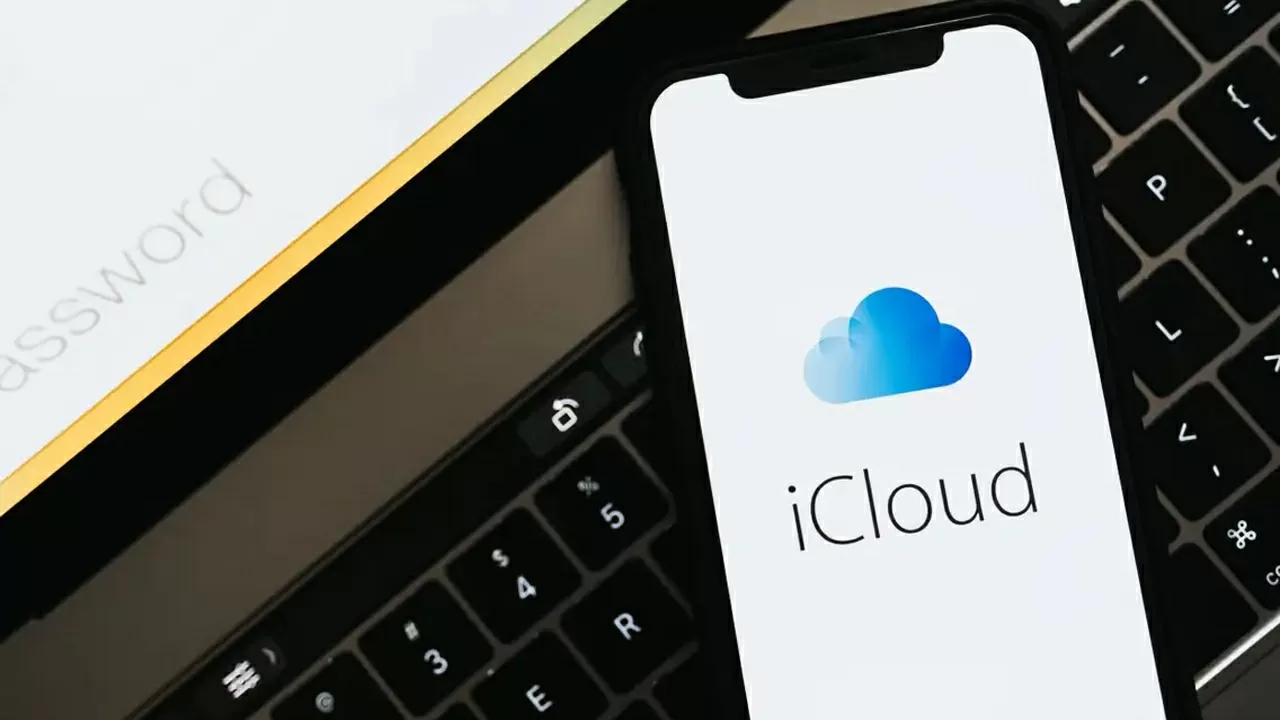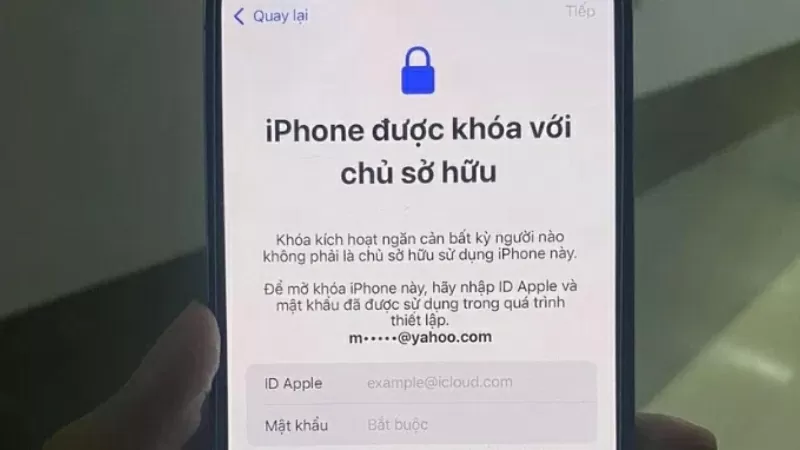According to PhoneArena, after releasing the official iOS 26 update, Apple has quietly taken an important step: completely ending iCloud service on old devices that cannot be updated beyond iOS 10. This means that many core features such as data synchronization, cloud storage or iMessage will no longer work on outdated models.
This change directly affects the community of users who are loyal to the devices that once made Apple famous such as iPhone 5, iPhone 5c or iPad 4th generation. With this move, the above products are almost no longer suitable for daily use, but gradually become "classic icons" with commemorative or collectible value.
The official launch of iOS 26 also brought an important change from Apple: the old iPhone and iPad series will lose access to iCloud. According to the update announcement on the support page on September 15, Apple has raised the minimum operating system requirements to ensure data security and maintain stability for the entire ecosystem. This is a familiar step for the company every time it releases a new version of iOS.
 |
| Apple stops supporting iCloud on many older devices |
The loss of iCloud access has had a significant impact on users of older devices, as iCloud has long been considered the core foundation of the Apple ecosystem. Not only does it serve as storage, iCloud also ensures a seamless experience when synchronizing data between different devices.
Specifically, essential features such as iCloud backup, syncing Photos and Videos via iCloud Photos, accessing iCloud Drive, iMessage, Contacts, Calendars or even Keychain will no longer work. This means users will lose the inherent security and convenience when data is no longer automatically synchronized.
The affected devices include: iPhone 5, iPhone 5c and iPad 4th generation. From now on, these models are almost no longer suitable for daily use, but only serve as "technological relics" marking a stage of Apple's development.
 |
| The loss of iCloud access has had a significant impact on users. |
For Mac users, Apple still leaves a convenient way open. Those running macOS Sierra can absolutely upgrade to macOS High Sierra – the newer version that is still compatible with iCloud. Updating the operating system will help you continue to use the full range of iCloud services without interruption.
The move to stop supporting outdated devices is a reasonable step for Apple, because the company needs to focus resources on more modern products as well as maintain optimal security levels. This is also a way for the ecosystem to operate stably and meet the increasing needs of users.
If you're still using an iPhone 5, iPhone 5c, or iPad 4th generation, it's important to back up your important data right now. Move your photos, contacts, notes, and other files to your computer or an alternative cloud storage service, as iCloud is no longer a safe solution for these devices.
Source: https://baoquocte.vn/iphone-doi-cu-cua-apple-dan-mat-quyen-truy-cap-icloud-328234.html




































































































![Dong Nai OCOP transition: [Part 2] Opening new distribution channel](https://vphoto.vietnam.vn/thumb/402x226/vietnam/resource/IMAGE/2025/11/09/1762655780766_4613-anh-1_20240803100041-nongnghiep-154608.jpeg)













Comment (0)